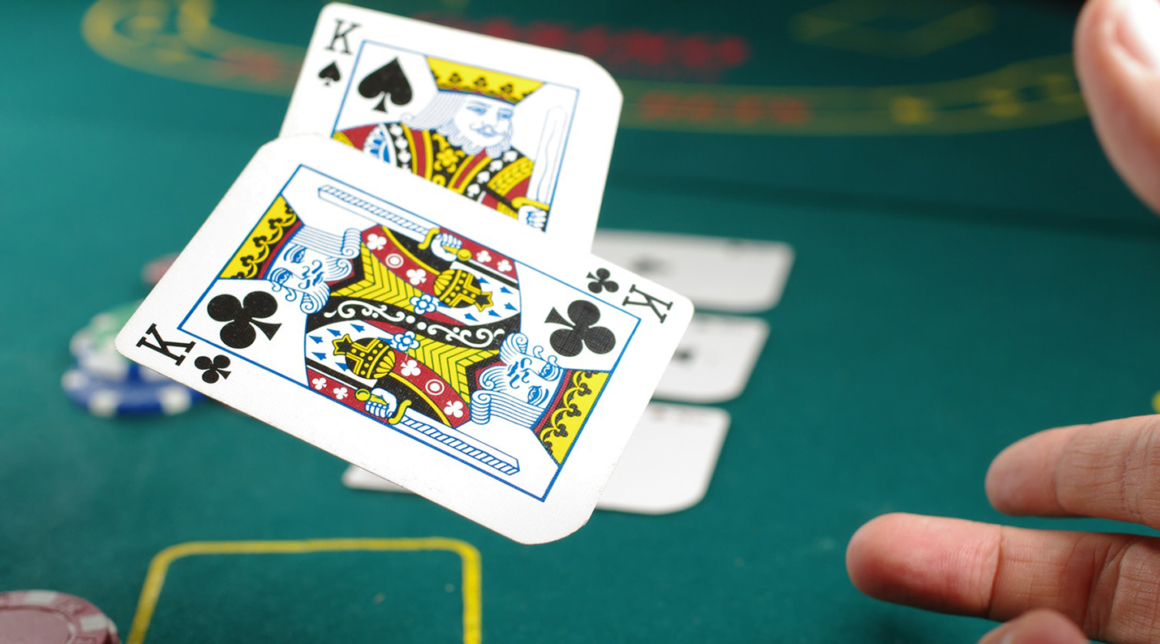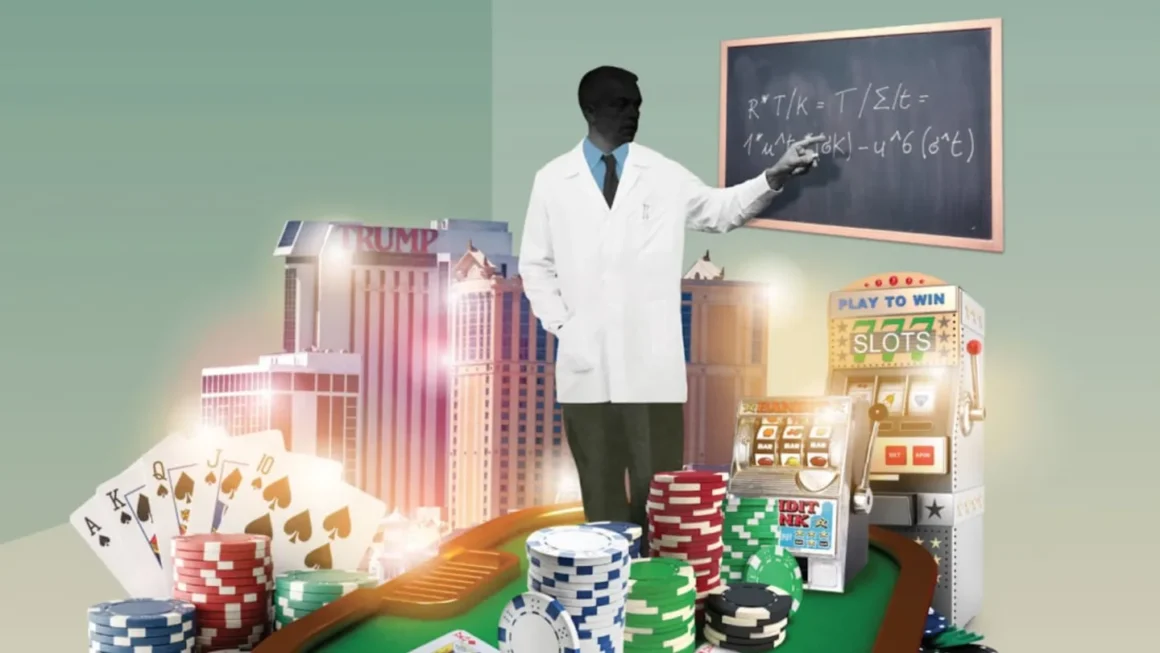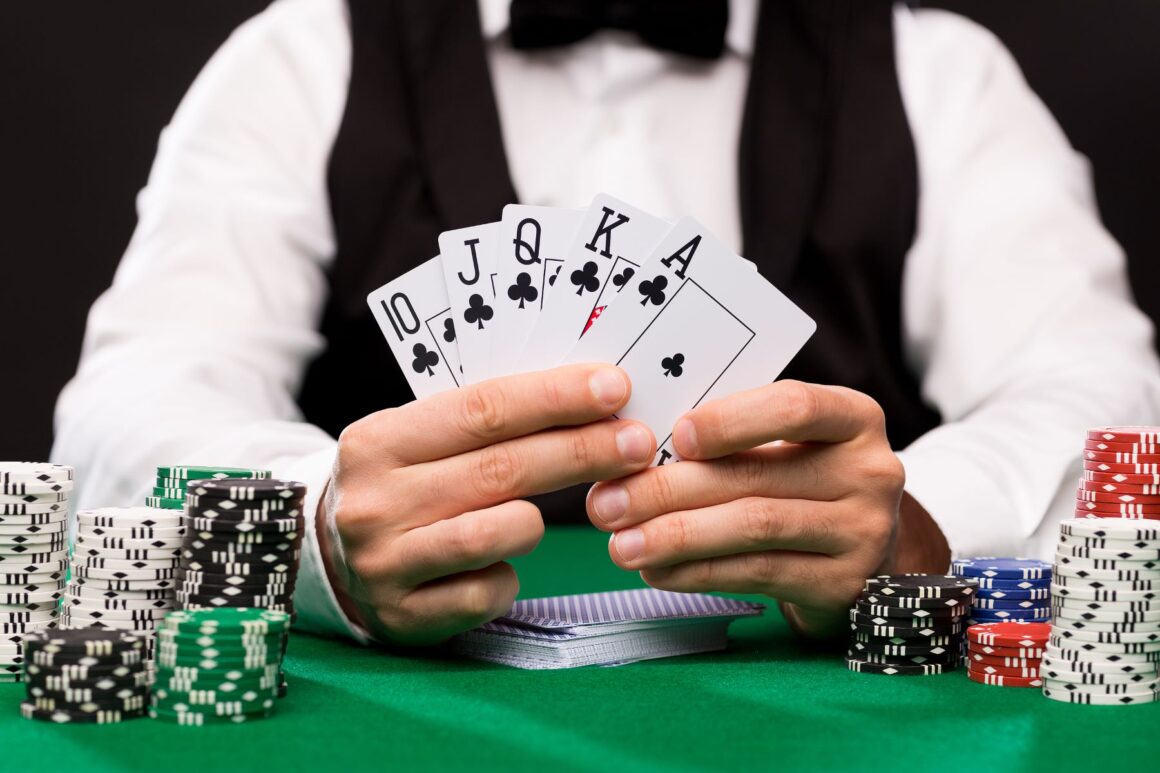In the world of gambling, where fortunes can change with the turn of a card or the roll of a dice, players often find themselves facing a crucial decision: to fold or not to fold. This decision lies at the heart of many popular casino games, such as poker, blackjack, and baccarat. It’s a dilemma that has intrigued gamblers for generations, and in this article, we’ll delve into the complexities of this choice, exploring the psychology, strategy, and mathematics behind it.
The Psychology of Folding
Fear and Regret
The act of folding is often driven by fear and regret. Players fear losing more money if they continue to bet, and they regret their previous decisions, which led them to this predicament. This emotional rollercoaster can cloud judgment and lead to impulsive folding.
Ego Protection
Folding can also be a defense mechanism. Some players fold to protect their ego, unwilling to face the possibility of losing a hand. This psychological aspect is particularly prominent in high-stakes games where prestige and reputation are on the line.
The Strategy of Folding

Risk Assessment
Effective folding is rooted in assessing the risk involved in a particular hand. Players must consider their own cards, the community cards (in games like Texas Hold’em), and the behavior of their opponents. This evaluation forms the basis of a sound folding strategy.
Position and Timing
The position at the table and the stage of the game are crucial factors in the decision to fold. Players in early positions should be more conservative with their folds, while those in later positions have the advantage of observing their opponents’ actions before making a decision. Additionally, having access to secure and swift payment methods, such as Safe and fast payment methods in casino, can further enhance a player’s overall gaming experience, allowing for seamless transitions in and out of games while maintaining the focus on strategic decision-making.
Bluffing and Deception
Folding can be a powerful tool for bluffing and deception. Skilled players sometimes fold strong hands to create doubt in their opponents’ minds, setting the stage for a bigger payoff in subsequent hands.
The Mathematics of Folding

Pot Odds
One of the fundamental concepts in deciding whether to fold or continue betting is pot odds. This involves comparing the current size of the pot to the cost of the bet. If the potential reward outweighs the cost, it may be mathematically favorable to continue playing, even with a marginal hand.
Expected Value (EV)
Calculating the expected value of a hand is another critical aspect of the mathematical approach to folding. This involves considering the probability of winning, the potential size of the pot, and the cost of the bet. If the expected value is positive, it may justify staying in the hand.
Risk-Reward Ratio
The risk-reward ratio is a concept that balances the potential loss against the potential gain. Players must assess whether the risk of losing is worth the potential reward of winning the hand. Rational decision-making often involves folding when the risk is too high.
Case Study: Poker

To illustrate the intricate nature of folding, let’s take a closer look at poker, a game known for its strategic depth and psychological elements.
The Starting Hand
In poker, the decision to fold begins with the starting hand. Players receive two private cards, and these initial cards largely determine the potential of their hand. Recognizing when to fold weak starting hands is crucial to long-term success.
Reading Opponents
Poker players must continuously read their opponents. Detecting signs of strength or weakness in their behavior, betting patterns, and body language can provide valuable clues for deciding when to fold. Skilled players are adept at “putting their opponents on a range of hands” to inform their decisions.
The Bluff Factor
Poker’s bluffing element adds a layer of complexity to folding. Skilled players use folding strategically to confuse opponents. They may fold strong hands to make it seem like they’re bluffing, only to reveal their true strength later in the game.
Conclusion
The decision to fold or not to fold is at the heart of gambling’s allure. It encompasses psychology, strategy, and mathematics, making it a multifaceted conundrum that gamblers face every time they sit down to play. Ultimately, the choice to fold should be a calculated one, based on a careful evaluation of the odds, the psychology of the moment, and the strategy required to come out ahead.
While folding may feel like a surrender, it is often the mark of a seasoned gambler who understands that patience and strategic retreat can be just as valuable as bold aggression. So, the next time you find yourself at the table, facing this timeless conundrum, remember that the decision to fold is as much an art as it is a science, and mastering it is key to becoming a successful gambler.


